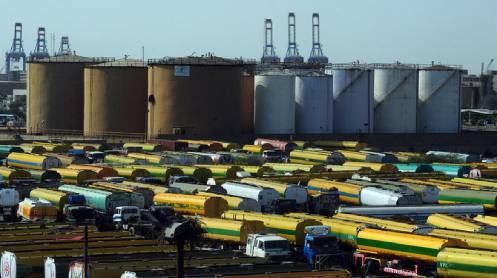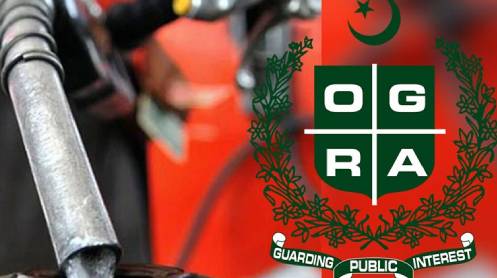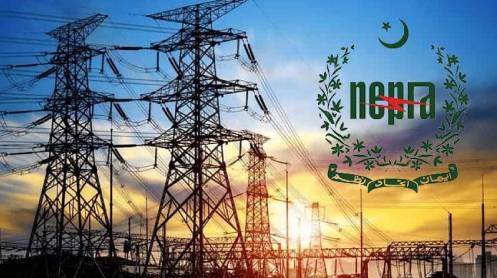Top refiners in Pakistan have raised concerns over the country’s plans to deregulate fuel prices, warning that this move could jeopardize planned upgrades worth up to $6 billion and even lead to the closure of some refineries. The refiners, including state-run Pakistan Refinery and private domestic refiners Pak Arab Refinery, Attock Refinery, Cinergyco, and National Refinery, expressed their apprehensions in a letter to the country’s oil regulator, the Oil & Gas Regulatory Authority (OGRA).
The proposed deregulation by OGRA would allow oil marketers and refineries to set fuel prices independently, shifting away from government-set prices. Additionally, OGRA has suggested reconsidering or scrapping a rule that mandates fuel buyers to procure supply from local refineries, a move that the refiners argue could have “disastrous consequences.”
The refiners highlighted their current challenges in operating at full capacity and urged OGRA to consult with them before implementing any “irrational recommendations.” They emphasized the need for OGRA’s support through pragmatic and supportive measures instead of measures that could potentially lead to permanent closure of refineries.
OGRA defended the deregulation as a means to boost competition and protect public interest but acknowledged the need to carefully assess its impact on refinery upgrades. Refiners emphasized in their letter that these upgrades, estimated at $5 to $6 billion, would not only result in cleaner, environment-friendly fuels but also contribute to saving precious foreign exchange for the country.
The debate between deregulation and its potential impact on the refining sector underscores the complexities and challenges faced by Pakistan’s energy industry as it navigates efforts to balance consumer affordability, industry viability, and environmental considerations.





